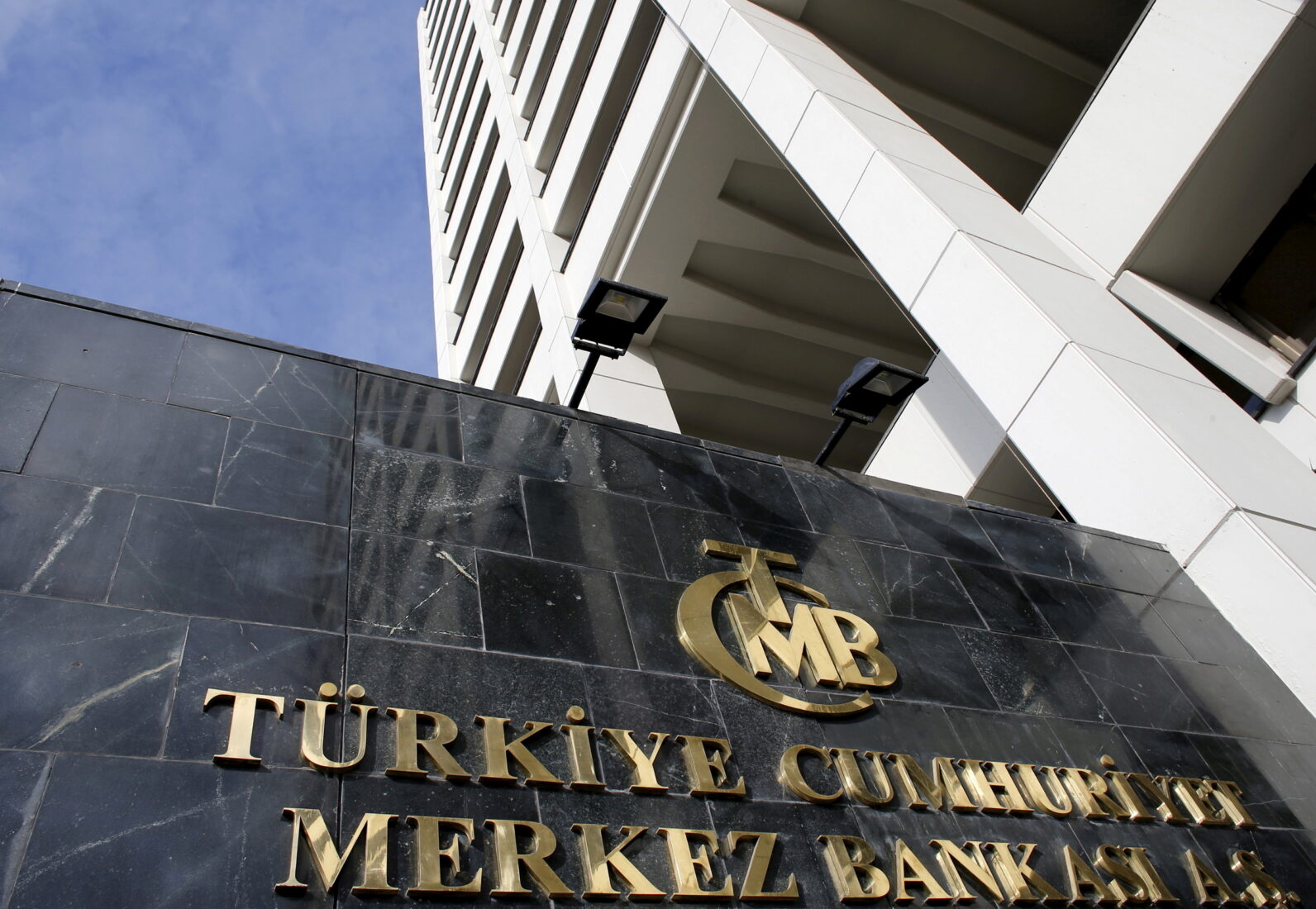Standard & Poor (S&P) Global Ratings is set to release its second credit rating evaluation of Türkiye for 2023 on Nov. 1.
Senior Director Frank Gill has indicated that a credit rating upgrade is possible, contingent upon continued improvements in Türkiye’s net reserves and the rapid narrowing of the current account deficit.
Economic indicators show improvement in Türkiye
Gill acknowledged that Türkiye’s macroeconomic indicators have improved significantly following recent policy changes, particularly in foreign exchange reserves and the current account.
“The improvement in net reserves and the rapid narrowing of the current account deficit are critical factors,” Gill stated. S&P upgraded Türkiye’s long-term foreign currency credit rating earlier this year from “B” to “B+.”
Key factors for November’s decision
Gill emphasized that while net reserves and the current account are key, other factors, such as the Turkish government’s commitment to its fiscal policy, will also play a role in S&P’s upcoming decision.
He pointed out the importance of maintaining public finance discipline, as inflation reduction policies are likely to slow consumer demand and economic growth.
“The question we’re asking ourselves is whether the Turkish government will stick to this policy over the next few years,” he added.
Energy and gold imports decrease
Türkiye’s declining energy and gold imports have also contributed to the narrowing current account deficit.
Gill highlighted the importance of these developments, noting that Turkish lira deposit rates, which have approached 60%, have made risk-hedging products like gold less attractive for households and businesses.
Inflation and monetary policy outlook
Regarding inflation, Gill noted that despite a decline in food price inflation, overall inflation remains high, with a year-end forecast of 43%. He predicts that inflation will gradually decrease to 23% by the end of 2025 and 10% by the end of 2026. However, Gill does not foresee inflation falling into single digits until after 2027.
He also addressed Türkiye’s monetary policy, stating that the Central Bank of the Republic of Turkiye (CBRT) may cautiously begin cutting interest rates as early as November.
“We expect the central bank to remain cautious, with policy rates staying above headline inflation through the end of the year,” Gill said.

Positive long-term outlook
Despite short-term challenges, Gill remains optimistic about Türkiye’s long-term economic resilience, particularly in light of its diverse and open economy.
He noted that Türkiye’s customs union agreement with the European Union provides key advantages, especially in times of weak domestic demand, allowing Turkish companies to focus on exports.
